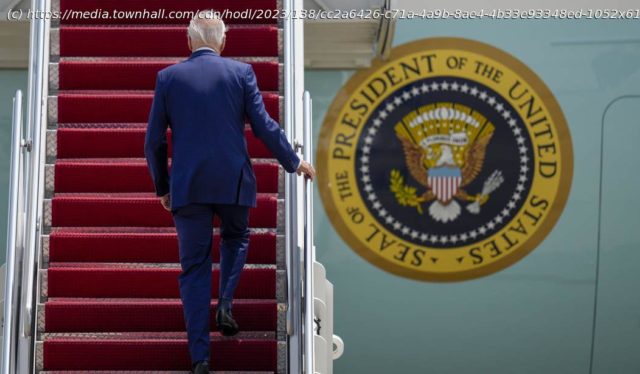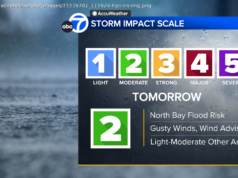Array
The likeliest resolution to this standoff remains a last-minute deal struck between the White House and Speaker McCarthy, which will garner enough bipartisan votes to get through Congress. Conservatives and progressives will oppose it, but rank-and-file members will hold their noses and push the agreement through, with leaders on each side pointing to various details and concessions while declaring victory. The debt ceiling will be raised. Some form of very modest spending restraint will be imposed. And Washington will collectively head off toward the next regularly-scheduled fiscal cliff. We’ve seen movies like this before, so the outcome doesn’t feel like a mystery.
But Democrats’ plan hasn’t worked thus far. Led by the president, they’ve refused to negotiate for months, assuming that the raucous House Republican conference wouldn’t be able to coalesce behind any plan. The expectation was that Democrats could point to GOP dysfunction while ramping up public pressure, aided by the media, for a ‘clean’ debt ceiling hike. The Republicans are legislative arsonists and can’t govern, so this is the only responsible path. But then the lower chamber flipped the dynamic on its head by passing a reasonable bill to somewhat constrain federal spending while raising the debt limit for approximately one year. That happened weeks ago. Democrats still haven’t quite adjusted to that reality, offering incoherent messaging that simply ignores new realities:
Still—still!—hasn’t adjusted his rhetoric to accommodate the fact that the House has passed a bill that does that. https://t.co/MUKSFGDRqF
After months of declining to negotiate, President Biden finally relented and agreed to talks, then left the country. Those discussions broke down in recent days, with ‘multiple’ issues being cited. The two sides are stuck at an impasse, as discussions continue. Democrats may cling to their non-viable game plan of endlessly blaming Republicans as the June cut-off looms, but the fact remains is that one party has taken action to prevent default with legislation, while the party in power steadfastly refuses to deal with the facts as they exist, including the salient one that a majority of American voters elected a GOP-run House of Representatives last fall. The people asked for divided government, and divided government requires compromise. Biden’s approval ratings are already strikingly poor, and any combination of a default and/or a recession could be politically fatal. He’s the president. If an unresolved debt ceiling battle results in an economic meltdown of some sort, the buck will ultimately stop with him. Good luck with this, Joe:
Narrator: the guy who ran as a bipartisan dealmaker with 50 years of experience but hid in the basement from a simple debt ceiling negotiation (as about 65% of the country supported spending cuts and the other party passed a bill to deliver them) would ABSOLUTELY get the blame. https://t.co/hpk6UOn0qw
To reiterate a key point — Republicans are the only ones to have passed a debt limit extension bill, the crux of which is popular with voters. According to recent polling from battleground districts, “77% favor reclaiming unspent COVID funds, 62% support enhanced welfare work requirements and 53% support reducing discretionary spending to pre-pandemic levels.” Democrats have resorted to outright lying about the bill, claiming that it requires cutting veterans’ benefits, which is simply untrue. Politico reports on the current state of play among Democrats, and one word that comes to mind is…disarray:
On Democrats’ vanishing position of “no negotiations” on the debt ceiling
– Regret they didn’t try through reconciliation
– Handwringing over Biden entering negotiations w McCarthy
– Hair-splitting over whether they are even negotiating
w @sarahnferris https://t.co/xw03i20TxS
[Some Democrats believe] that if Democrats had tried to hike the debt limit before the House GOP swept into a majority, even Sen. Joe Manchin (D-W.






